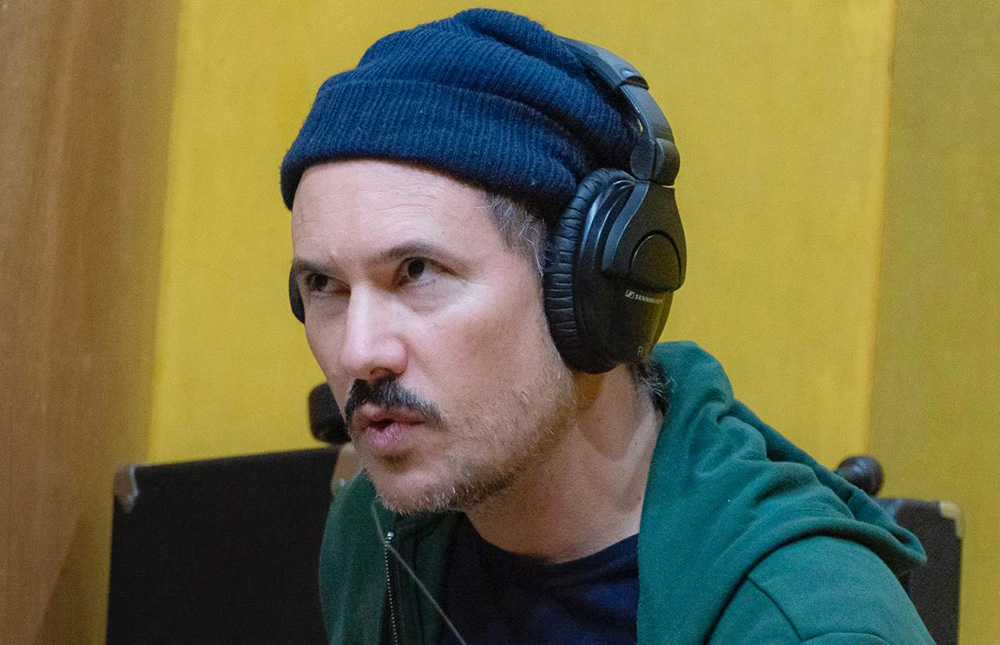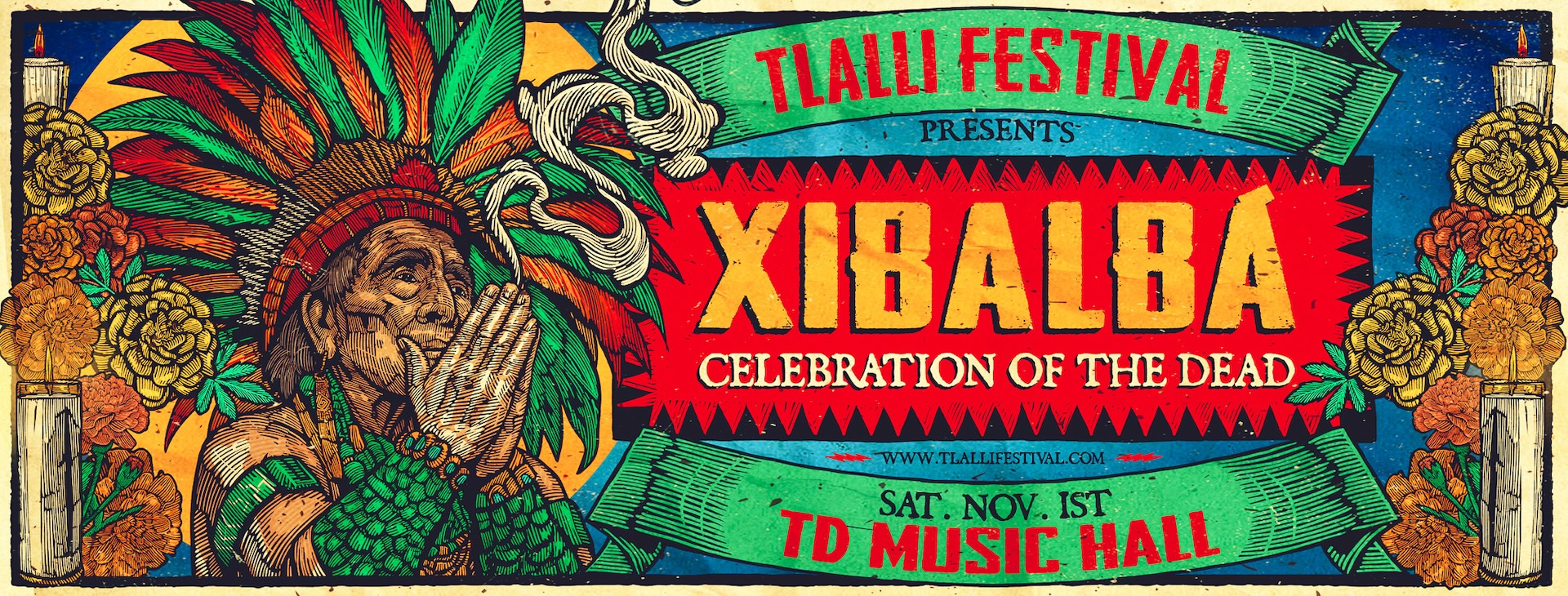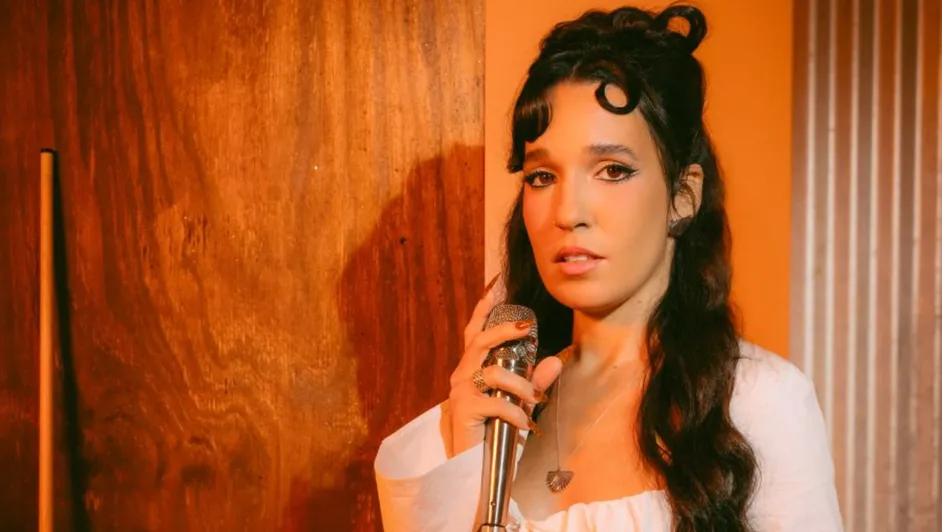Central America has been through everything in recent years. Some natural disasters, from earthquakes to hurricanes. Crises of all kinds, from economic to migratory, from political to environmental. Like the rest of the world, it has also gone through a pandemic. But all these setbacks didn’t prevent increasingly talented artists from emerging and high-quality music from being produced in this magical strip of seven countries.
Also in recent years, we’ve seen how some Central American artists broke into the music industry’s mainstream. This is the case of Panamanian Carlos Isaías Morales Williams, better known by his stage name Sech. With a clear command of reggaeton and dancehall, he rose to fame in 2018 with his debut single “Miss Lonely” and became a sought-after talent – he sealed collaborations with all the Latin stars, from Bad Bunny to J Balvin. This is also the case of Diamanté Anthony Blackmon, alias Gordo and formerly known as DJ Carnage. Born in Guatemala to Nicaraguan parents, he’s a popular DJ and music producer based in LA. Recently, in 2022, he was ranked #25 on DJ Mag’s Top 100 DJs list. But what has drawn significant attention that year was his role in producing six songs on Drake’s surprise album Honestly, Nevermind. He has also collaborated with Maluma, Feid, and many more.
Migrant artists looking to make it big continue to spring up on the scene. The undeniable proof is Nino Augustine, a musical visionary from Panama City who’s now flourishing in Atlanta, Georgia. Full of singles in Spanish and English, his discography is highlighted by 2021’s Global Ninz, chosen among the best bilingual albums of that year by Rolling Stone. His music results from a fusion of cultures and sounds, reflecting his Afro-Latin roots and upbringing in the US. Hence his wide range of influences, from dancehall and reggaeton to hip-hop, afro-beat and salsa. A name to keep on your radar.
Talking about dancehall and reggaeton, let’s not forget Kenny Man, another Panamanian who has enjoyed much success in the region with his 2018 hit “Ni Gucci Ni Prada”. His next single 2019’s “Latina” is also worth highlighting — he praises Latina women and details the beauty of girls from different Central American countries. His songs also fuel the idea that reggaeton wasn’t born in Puerto Rico — it’s said that it comes from the children of canal workers in Panama who experimented with translating Jamaican dancehall into Spanish. In turn, reggae has always been one of the most popular genres in the southernmost country in Central America. This legacy can be traced in different bands, from the roots reggae of the disbanded Raíces y Cultura to the funky vibes of the ascendant Entre Nos.
Let’s go to the other end of the continent, Guatemala City, to celebrate the rebellious and empowered spirit of Rebeca Eunice Vargas, better known as Rebeca Lane. Sociologist, poet and local hip-hop star, she has become an icon of feminist activism in the Central American region thanks to her 2017 single “Ni Una Menos”. By then, she already had some significant releases in her career: the 2014 EP Canto, her first full-length record Poesía Venenosa from 2015, and, notably, the 2016 album Alma Mestiza — including songs like “Reina del Caos” and “Libre, Atrevida y Loca” (feat. Miss Bolivia and Ali Gua Gua). Two more studio albums followed, Obsidiana from 2018 and Florecer from 2022.
Rebeca Lane is part of the female rapper trio Somos Guerreras, which also includes the talented Costa Rican Nakury. Raised by a struggling mother in Turrialba, Natasha Campos fell in love with hip-hop at age 15, first doing graffiti, then learning breakdancing and finally daring to rap. Nakury, her artistic alias, means “I’m my own woman” according to the language of the Maléku Jaíka, one of the indigenous peoples of Costa Rica — a choice that reveals her main concerns: defending women’s rights and preserving local culture. She has two albums, VIA (2017) and O (2020). Between 2021 and 2022, she released many singles, including a collaboration with La Dame Blanche.
https://youtu.be/EHHcs4g_M4E?si=fK5gQfWpeSNWGauH
The Central American hip-hop scene has truly gifted artists, such as the Honduran Mayki Graff, the Costa Rican Leena Bae and the Guatemalans Mezz and Lou G. However, there’s no story like that of Joseph Houston, better known as Don Ryvcko— or as the “gringo catracho” (slang for a Honduran American like him). This son of missionaries from Mississippi was born in Tegucigalpa, Honduras, where he lived for ten more years until his parents had to return to the US. However, his heart already had the “H” of Honduras sealed in fire. Songs like “Catracho” and “TEGUCCI” speak of that feeling of belonging.
The R&B scene has also been growing in Central America for some years now. A good example is the Guatemalan Fabiola Roudha, one of the most impressive and versatile vocalists regionally. She had her pilgrimage through talent reality shows, back in 2006, having to break ties with channels by changing her birthname Jackeline Fabiola Rodas. She rose to fame after winning an important competition in 2009. And the following year she became an independent artist. Today she has two EPs and four studio albums. A similar journey, although more recent, is that of Cesia Sáenz, the first artist from Honduras to win TV Azteca’s La Academia — the Latin American counterpart of American Idol. Often known as “The Lioness of Honduras”, she has released three singles that have quickly placed her in the “artist to watch” position.
Talent doesn’t only shine in the mainstream, of course. The Guatemalan Mabe Fratti marked a before and after in Latin American experimental and avant-garde music, especially with her 2022 album Se Ve Desde Aquí. Cellist and vocalist, a user of synthesizers and sound effects, she previously released Pies Sobre La Tierra (2019) and Será Que Ahora Podremos Entendernos (2021). A few years ago, she moved to Mexico City, where she often collaborates with Belafonte Sensacional and Amor Muere. There she also recorded a performance for KEXP and gave shape to the duo Titanic. Her new solo album Sentir Que No Sabes comes out this June.
Guatemala has been home to a thriving generation of female artists. Not only because of the names already mentioned — Rebeca, Fabiola, Mabe — but also because of two brilliant singer-songwriters like Raysa Morales and Sara Curruchich. Born in Mixco, a small town where she learned to sing whatever and wherever, Raysa moved to Guatemala City to weave a varied career as an independent artist, the kind that never fits into a single category or genre. Not even her two albums, Clavos de Olor (2019) and Poco (2023), fully reflect her extensive songwriting. Born in San Juan Comalapa, Chimaltenango, in a Kaqchikel Mayan community, Sara is the first indigenous Guatemalan singer-songwriter to take her songs to an international level. She has two albums, Somos (2019) and Mujer Indígena (2021), inspired by people, history, memory, culture, language, struggle and personal vindication.
Enough of solo artists: bands also stir things up. There’s a reason why Easy Easy becomes a favorite in the Central American indie scene. Led by the voice of Sofía Insúa, this Guatemalan quartet serves up a menu of sophisticated electronic pop. It’s an invitation to enter an irresistible musical limbo where anything can happen and still turn out well. Lyrics can be in Spanish and English, melodic songs can coexist with sharp rapping, and groovy bass can dance over futuristic R&B beats. After two records, one in 2016 and another in 2018, they released an EP in 2020 and began anticipating their next full-length album with the 2022 single “Ok Okk”.
The smallest but not the least fertile, El Salvador is where bands like Cartas a Felice and Camelo emerged. Each in their own way, both recover retro genres such as swing and bolero. Cartas a Felice is a spearhead of the indie scene and one of the most representative groups in the country. With more than a decade of experience and an incendiary live performance, they describe themself as a nostalgic carousel between folk, blues and swing, always under a genuinely Salvadoran perspective. Camelo is another key band in the local indie scene. With a more pop and funk approach, they address the romantic and melodious song in its many faces.
Rock isn’t the most popular music in Central America, but it doesn’t go unnoticed when it hits. Actually, there has been an awakening of the rock movement for more than a decade. Dream pop, shoegaze and post-punk are the melancholic and ethereal sieves that run through bands like the Guatemalan Asimov and Costa Rican Adiós Cometa. Pop-rock is also still valid: in a scene as fruitful as Guatemala, the spectrum ranges from established references like Casa de Kello to new promises like Los Florifundia. From the always-hot Panama comes the alternative rock of Señor Loop. And somewhere between indie rock and space pop, the Salvadoran group Carrot acquires more and more identity with every step.
To finish, we save the main dish — or rather, drink. Digan Whisky is the band that practically started an independent rock scene in Nicaragua. They formed in Managua, a bit by chance: they got together, as friends sometimes get together, to record some songs. The reception was too good, especially without having performed live. Then they found their drummer watching YouTube videos. Their first album, La Casa Sin Límites, came out in 2017 and was chosen “Best Album of the Year” by an important local award ceremony. Good melodies, good lyrics, a touching voice and guitars that force the ear to pay attention: this Nicaraguan quartet makes those types of songs that are learned with pleasure and sung loudly.








